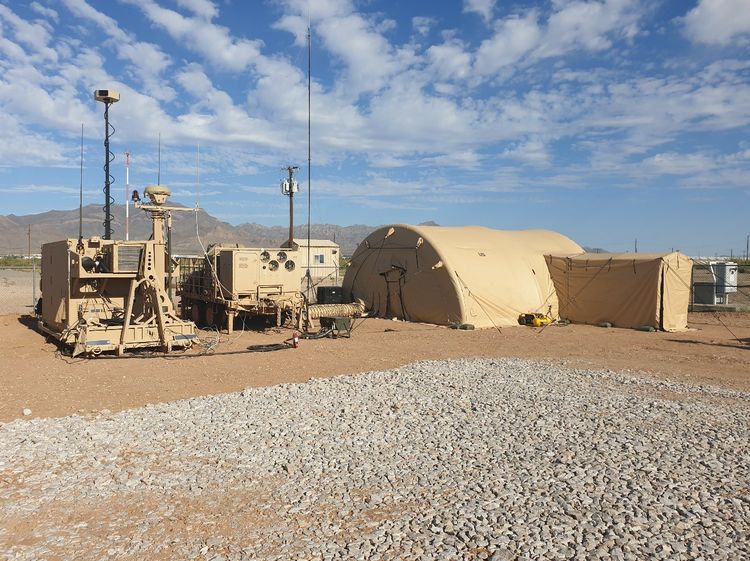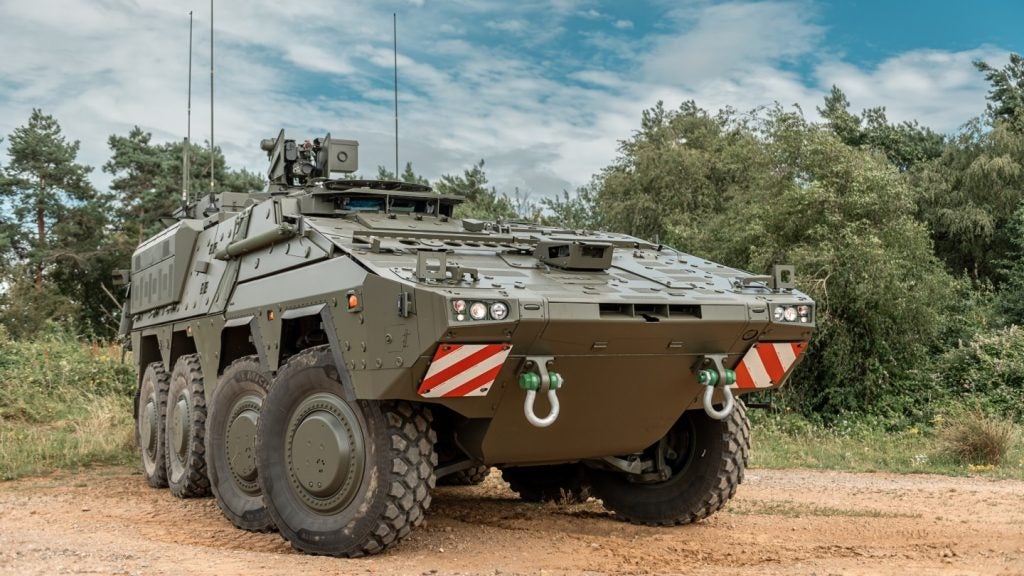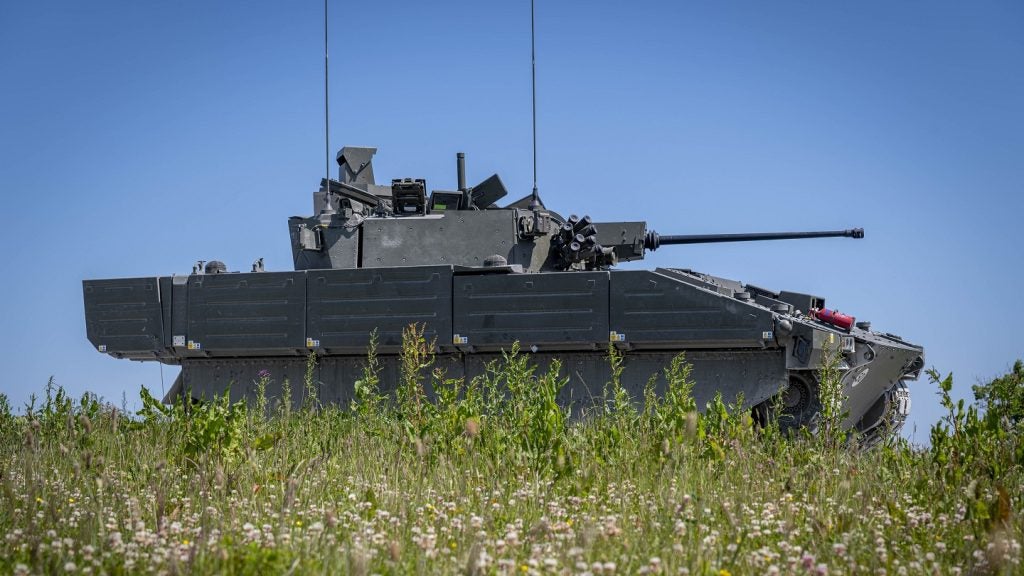
Northrop Grumman Corporation has reached a milestone in delivering key components for Poland’s WISŁA medium-range air defence program, bringing the Integrated Battle Command System (IBCS) closer to full fielding.
The recent delivery of the IBCS Integrated Fire Control Network (IFCN) relays supports the WISŁA program’s fielding schedule, marking the first foreign military sale of the highly advanced system. This achievement provides a capability to a key US ally and contributes to achieving NATO interoperability goals.
Protection for Poland
Northrop Grumman Corporation, a global aerospace and defence technology company, announced the successful delivery of essential components for Poland’s WISŁA medium-range air defence program. The delivery signifies a step forward in implementing the Integrated Battle Command System (IBCS), which is set to transform Poland’s air and missile defence capabilities.
The IBCS Integrated Fire Control Network (IFCN) relays, recently provided by Northrop Grumman, play a vital role in supporting the fielding schedule of the WISŁA program.
With the IFCN relay deliveries underway, Northrop Grumman is concurrently conducting a series of integration and test scenarios with the Engagement Operation Centers (EOCs) that were previously delivered in July 2022 and the relays.
Missiles the priority for Northrop Grumman
Northrop Grumman has had multiple developments surrounding their missiles development and procurement in the last two months. Northrop Grumman successfully tested the AARGM-ER missile on the 9th of May, and Northrop Grumman won a Ballistic Missile Defense System (BMDS) contract from the US on the 11th of May.
These tests and associated training sessions are essential steps towards Poland’s complete acquisition of the IBCS system and attaining Basic Operational Capability, expected later this year.
“Northrop Grumman is transforming decision-making for the US and its allies by integrating sensors and weapons for air and missile defence,” said Rebecca Torzone, vice president and general manager of Combat Systems and Mission Readiness, Northrop Grumman.
“IBCS provides Polish air defenders with the ability to make faster, better-informed decisions to deter, disrupt and defeat threats across all domains.”
IBCS – innovative architecture
The IBCS system incorporates a modular, open, and scalable architecture that is the foundation for integrating various assets in the battlespace, irrespective of their source, service, or domain, onto a common fire control network.
This innovative architecture enables the seamless and cost-effective integration of existing and future systems while extending the battlespace by optimizing the use of sensors and effectors. By providing warfighters with a high level of network integration, IBCS empowers them with unprecedented time to make accurate decisions, thereby enhancing operational effectiveness.
IBCS has undergone numerous successful development, operational tests, and demonstrations, consistently proving its ability to connect and fuse data from multi-service sensors to multi-service weapons. These accomplishments have showcased the system’s Joint All Domain Command and Control (JADC2) capabilities, positioning it as a solution for modern warfare scenarios.
James Marques, aerospace, defence, and security analyst at GlobalData, provided his outtake on the system: “It’s a tool to speed up command-and-control and decision-making speeds. This is crucial for air defence. Missiles and other attacks will only get faster, and enemies may combine missiles, decoys and drones all in one attack, so decisions and delegation needs to be faster and more precise.
Many of Russia’s failures to bring its apparently huge firepower to bear on the right targets in good time is in part because they lack a very good command and control system.”
As Northrop Grumman continues to collaborate with Poland in its air defence modernization efforts, the delivery of the transformative Integrated Battle Command System marks a significant step forward in enhancing Poland’s defence capabilities. It reinforces the strong partnership between the United States and its NATO ally.
Last month, the UK won a £1.9bn missile export for Poland’s air defence. The British-designed air defence system has been provided to help protect Poland’s national infrastructure, a critical concern Europe seeks to render invulnerable.







